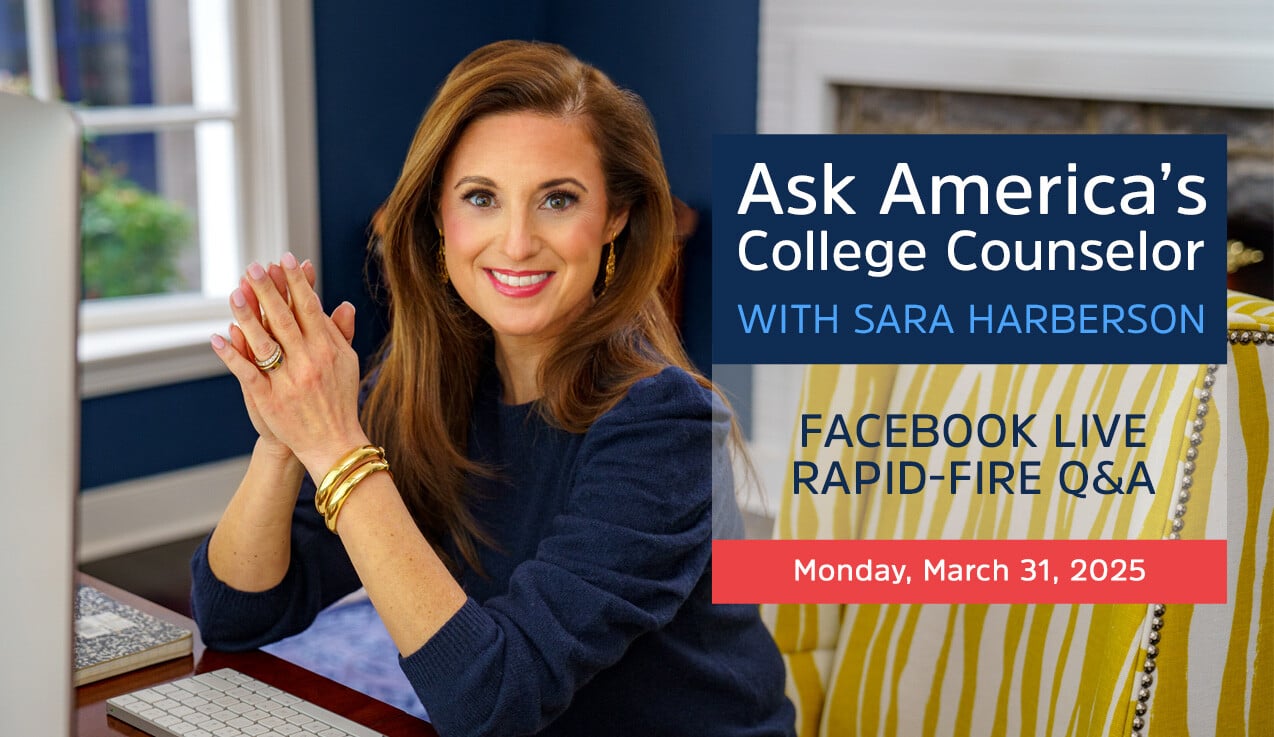It was 8:00 pm on Tuesday night when I took a call from a mom of a high school senior. I was traveling home from a day in New York City. It had been a very long day, but I knew the mom needed my ear. Her son had been admitted to an Ivy League university and they had just returned from the admitted student day on campus. They didn't have a great experience.
It felt impersonal, and the mom had plenty of examples to back this up. She wondered if just getting admitted to an Ivy League university was a gift and if one should appreciate the proverbial door it opens for a student regardless of whether or not it's a good fit.
Just an hour before our call, I had met with a new student who was in 10th grade. He politely asked at the beginning of our session if there was a tangible difference between an Ivy League university and other colleges. I told him it was deeply subjective from one person to the next, and advised him to visit enough of a sampling of colleges to know for sure—not for others, but for him to form his own opinion.
Whether you are just beginning the college search process or wrapping things up, the age-old question emerges: Is a college's rank or reputation more important than finding the right fit?
Most people acknowledge that "fit" should guide whether you apply to a certain college and if you should enroll. But in the end, a college's rank or reputation tends to drive this process.
If you are trying to figure out if a college should end up on your list or if you should enroll, here are some considerations:
1. Have you visited campus when school is in session?
If not, this is a must for prospective students since many colleges factor demonstrated interest into the admissions process. It's even more of a must for admitted students who need to step foot on campus to know for sure if they want to spend the next four years there.
2. Did you see other students like yourself?
This may sound superficial but the biggest reason students transfer is because they just can't find a core group they can rely on.
3. Based on the academic program offered and the one you plan to pursue, do you feel like the college will stretch you in positive ways?
Remember, college should be challenging in a good way because that's how you grow.
4. Did you feel welcomed on campus?
Key people on campus can make a difference. From admissions officers to professors to current students, you want to feel like you belong.
5. Can you imagine yourself feeling fulfilled (academically, personally, etc.) as a student there?
These are simple questions to answer. It's not rocket science, but it is your life. If you are an underclassman and answered "yes" to these questions, you should probably apply. If you are a high school senior still trying to make a final decision about where you plan to enroll, you have to be honest with yourself. Answering "no" to some or all of these questions means the college isn't a right fit or you need to go back for a return visit.
"Answering "no" to some or all of these questions means the college isn't a right fit or you need to go back for a return visit." TWEET THIS
Last week, I posted on my Instagram Story that one of our Application Nation seniors had been admitted to every college he applied to, including an Ivy League university. The student went back to visit that school and a few other colleges after getting admitted to help him make his final decision. He decided to choose a non-Ivy League school.
I had a few followers question why he turned down a chance to attend an Ivy. Each time, I responded the way the student explained his reasoning to me. He chose the non-Ivy school because he felt like he would be surrounded by "his people." He gets it and I could not be more proud.











